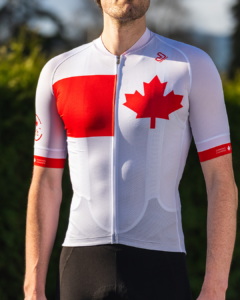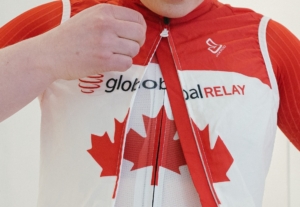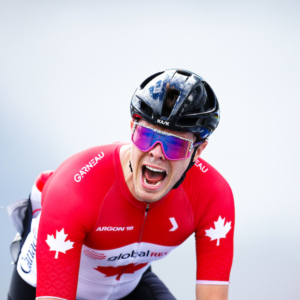SUPPORTING ATHLETE PERFORMANCE WITH MENTAL PERFORMANCE CONSULTING
By Sharleen Hoar, PhD., CMPC
Sharleen Hoar is a Mental Performance Consultant and a member of the Canadian Sport Psychology Association with post graduate training in sport psychology, sport science and psychology.
My first experience meeting a mental performance consultant (MPC) came at a national figure skating camp. I was 15 years old and had been selected to attend based on my results in the provincial competition the previous fall. I remember the gentleman was older and kind. He asked me to complete a questionnaire that was to alert me to my mental strengths and weaknesses. It was a pleasant exchange and I think that I was surprised at how the questionnaire could reveal so much about myself that I didn’t really have words for. But that was the last time I would have the opportunity to meet with a mental performance consultant despite continuing with the sport competitively for another three years.
When sport psychology concepts are applied to performance, the term used is “mental performance”, which is understood as the capability with which individuals use cognitive processes (such as attention, decision-making, perception, memory, reasoning), and mental/self-regulation competencies (e.g., knowledge and skills) to perform in their changing environment. Examples of competencies include goal setting, planning, motivation, self-confidence, arousal/emotion/attentional control, imagery, resilience, self-talk, stress management, communication, leadership, and evaluation.
Thus, mental performance is focused on developing mental competencies, much like a strength and conditioning coach is focused on developing muscular strength and endurance. Sometimes I like to refer to mental training as “brain training”. It’s taking your mind to a “mind gym” with the intention of engaging in ways of thinking, feeling and/or behaving to develop the neural circuits needed to execute movements automatically.
Let me provide you with an example of mental performance training. It is normal for cyclists to feel pain while riding at the upper limits of their physical capacity. This results from a physiological mechanism that is directed from the brain to protect the body from injury. In other words, this a biological “hard wiring” phenomenon. However, the pain that one can withstand differs across riders. That is, some cyclists can ride with more pain for longer periods of time compared to other riders. Why is this? There are many theories to describe this phenomenon including psychological.
Sport psychology research demonstrates that riding with others can distract the attention to the pain, enabling the cyclist to push harder for a longer period of time. Other research demonstrates that stating positive words, that are regarded as authentic truths, such as “[your name] is a fast rider”, “[your name] will push to the top of this hill”, “[your name] dances on these pedals” and the like contributes to perseverance, increased problem-solving, higher levels of effort, and, in many instances, increased performance.
The crux of mental performance training is that it needs to be practiced regularly, every day. These mental competencies often are not our “natural” way of doing things. When we feel pain, we want to stop. That’s natural. However, during racing, when you are pushing your limits, when it matters to you most, you want your brain to search for those positive words to get that extra bit of physiological capacity or muscular power that you’ve trained.
Top performing athletes are healthy, happy, and physically competent to meet the demands of the competition. The mind works with the body to produce performance. I wish I had known this when I figure skated and strived to compete at the highest level in my chosen sport. I spent so much time on the ice physically training while disregarding how I was training my mind. The growth of the field and the number of professionals that athletes can now access is a testament to the importance of mental performance training for athletic performance. I feel fortunate to be working with Cycling Canada to support athletes, coaches, and staff at their stages of development on their cycling journey.








